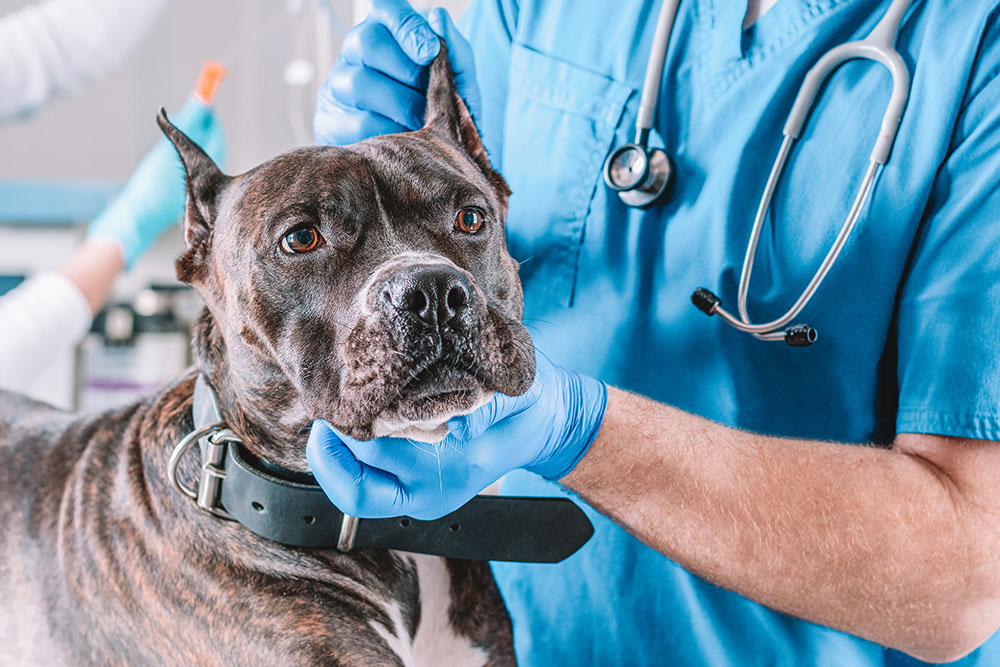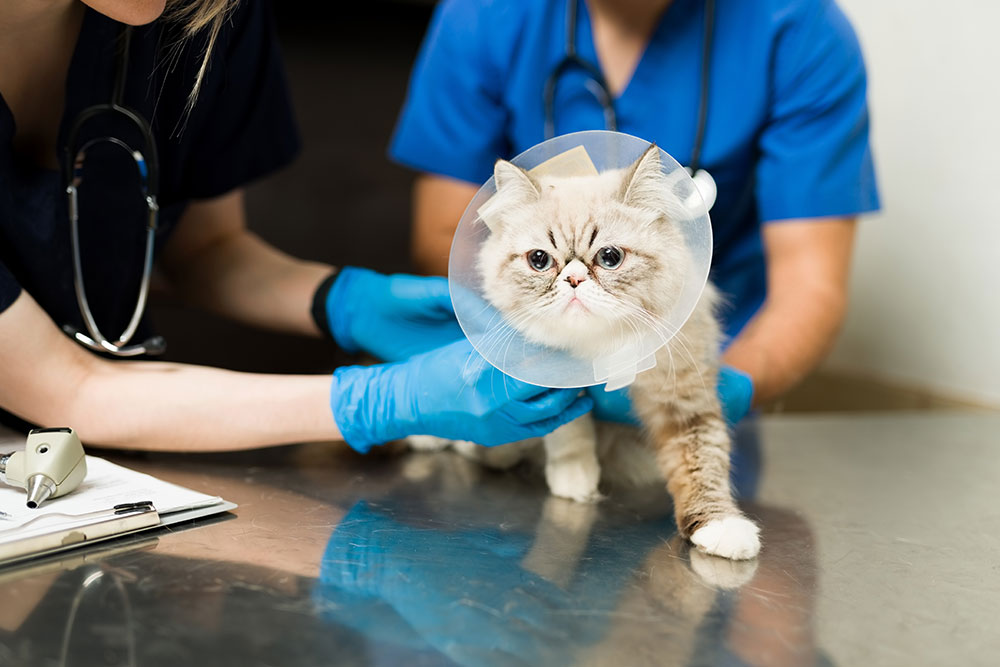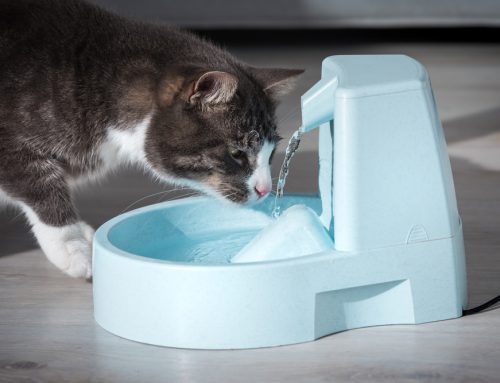From Routine to Life-Saving: Understanding Common Pet Surgeries
Comprehensive Surgical Care for Your Pet
At WesVet Animal Hospital, we understand that the idea of surgery can be stressful for pet owners. Whether your pet requires a routine procedure like spaying or neutering, or a more complex surgery such as tumor removal or orthopedic repair, our experienced veterinary team is committed to providing the highest level of surgical care. Our state-of-the-art surgical suite and advanced anesthesia protocols ensure safety and optimal outcomes for your pet.
Explore our veterinary services to learn more about our approach to surgical care.
Preparing Your Pet for Surgery
Proper preparation is essential for a smooth surgical experience and successful recovery. Before surgery, your pet will undergo a preoperative assessment, which may include:
- A physical examination to check for any underlying health concerns.
- Bloodwork and diagnostic imaging (such as X-rays or ultrasounds) to assess organ function and detect any potential surgical risks.
- Fasting guidelines, as an empty stomach reduces the risk of complications during anesthesia.
- Medication adjustments, ensuring any current prescriptions are safe for use before surgery.
Our team will provide detailed pre-surgical instructions to help you and your pet feel prepared. If you have any concerns, contact us for guidance.
Common Pet Surgeries and Their Benefits
Spaying and Neutering
Spaying (for females) and neutering (for males) are among the most common veterinary surgeries, providing both health and behavioral benefits for pets. These procedures help prevent:
- Unwanted litters and pet overpopulation.
- Serious health conditions such as uterine infections, mammary tumors, and testicular cancer.
- Behavioral issues such as territorial marking, roaming, and aggression.
Spaying and neutering are routine, low-risk surgeries that typically allow for a quick recovery. Learn more about the benefits of spaying and neutering from AAHA.
Dental Surgery
Dental disease is a leading cause of health complications in pets, often requiring surgical intervention. Common dental procedures include:
- Tooth extractions for severely damaged or infected teeth.
- Gum disease treatment to prevent bacterial infections from spreading to major organs.
- Removal of oral tumors for both diagnostic and treatment purposes.
Signs your pet may need dental surgery include bad breath, difficulty eating, drooling, and swollen gums. Preventive dental care, including routine cleanings, can significantly reduce the risk of oral health issues.
Cruciate Ligament Repair: TPLO Surgery
A cranial cruciate ligament (CCL) injury is one of the most common orthopedic issues in dogs, causing pain, limping, and reduced mobility. The Tibial Plateau Leveling Osteotomy (TPLO) surgery is a highly effective procedure that stabilizes the knee joint, allowing dogs to regain mobility and avoid arthritis.
- Symptoms of a CCL injury include limping, difficulty standing, and swelling around the knee joint.
- Without treatment, arthritis and chronic pain can develop.
- Post-surgical rehabilitation, including physical therapy and restricted activity, is essential for a successful recovery.
For more details, read about Cruciate Ligament Injuries at Colorado State University.
Tumor and Mass Removals
Many pets develop benign or malignant tumors as they age. Surgical removal is often necessary for diagnosis and treatment. Early removal can:
- Prevent tumors from becoming cancerous or spreading.
- Reduce discomfort or interference with normal bodily functions.
- Allow for biopsy and further testing to guide future treatment.
Regular veterinary check-ups are crucial for detecting masses early. If your pet has a lump that has changed in size or texture, schedule an examination at WesVet Animal Hospital.
Learn more about different types of pet cancer and treatment options.
Exploratory Surgery
In cases where internal health issues are unclear, exploratory surgery may be required. This procedure allows veterinarians to diagnose and treat issues affecting the stomach, intestines, liver, or other internal organs. It is often used for:
- Foreign body removal (swallowed toys, bones, or household objects).
- Biopsies of internal organs to check for disease.
- Treating tumors, blockages, or organ abnormalities.
Exploratory surgery can be life-saving, especially when performed promptly. Read more about exploratory surgery.
Post-Surgical Recovery and Care

At-Home Recovery Tips
After surgery, proper home care is essential for a smooth and complication-free recovery. Follow these key steps:
- Provide a quiet, comfortable resting area. Avoid loud noises or interactions that could stress your pet.
- Limit physical activity. Sudden movements or excessive play can reopen incisions or delay healing.
- Use an Elizabethan collar (cone). This prevents pets from licking or biting at sutures, reducing the risk of infection.
- Administer medications as prescribed. Pain management and antibiotics help ensure a smooth recovery.
- Monitor for signs of complications. Look for redness, swelling, excessive drainage, or lethargy, and contact us if these occur.
For personalized recovery recommendations, schedule a follow-up visit.
Frequently Asked Questions About Pet Surgery
Is anesthesia safe for my pet?
Yes, modern veterinary anesthesia is highly advanced and closely monitored. Pre-surgical bloodwork helps identify any health concerns, and our team adjusts anesthesia based on your pet’s specific needs.
How do I know if my pet is in pain after surgery?
Signs of post-surgical pain include whining, restlessness, reluctance to move, or changes in eating habits. Pain management plans, including medications, help keep your pet comfortable.
What should I feed my pet after surgery?
Your pet may need a soft or easily digestible diet for the first few days. Encourage hydration and gradually reintroduce normal food based on your veterinarian’s guidance.
Choosing WesVet Animal Hospital for Your Pet’s Surgery
At WesVet Animal Hospital, we are dedicated to providing compassionate, expert surgical care. Our veterinary team ensures the highest standards of safety and precision, from pre-operative evaluations to post-surgical recovery.
Why Choose Us?
- Experienced veterinarians specializing in advanced surgical techniques.
- State-of-the-art anesthesia monitoring and pain management.
- Comprehensive post-operative care for a stress-free recovery.
For any concerns about your pet’s health or to schedule a surgical consultation, contact us today.
By understanding common pet surgeries and their recovery processes, you can ensure your pet receives the best possible care before, during, and after their procedure. Let WesVet Animal Hospital be your trusted partner in keeping your pet healthy and thriving.







Leave A Comment